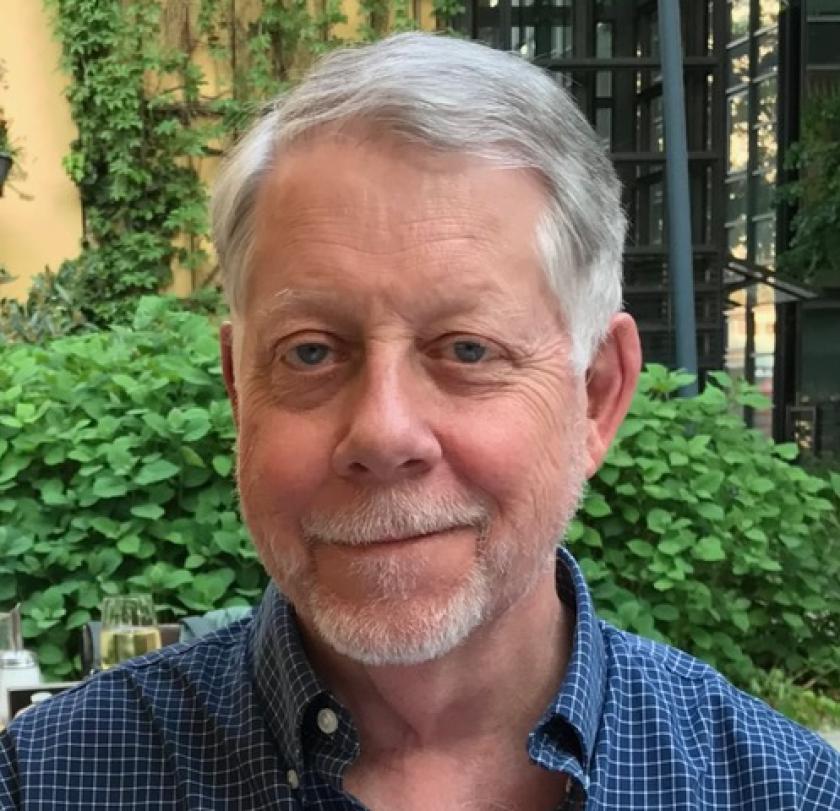Trustworthy Computational Science Speaker Series: Michael Barton

Michael Barton, a complex system scientist and Professor in the Schools of Complex Adaptive Systems and Human Evolution & Social Change at Arizona State University (USA), will present "The Need for Transparency in Socioecological System Science."
Abstract: We live in a world dominated by complexly coupled human and natural landscapes. Research into how these landscapes emerged and evolved is key to understanding today's world, and an important goal of historical sciences like archaeology and paleoecology. Because we cannot directly observe the processes that created coupled human-natural landscapes, computational modeling is becoming an increasingly important tool for the science of long-term dynamics in socioecological systems. The wide range of data needed to generate and to validate increasingly sophisticated models of these complexly coupled systems is beyond the capacity of any individual or research project to generate, making FAIR data critical for advances in computational socioecological science. I draw on examples from research in the western Mediterranean to illustrate the important interplay between models, data, and open science.
Michael Barton is a complex system scientist and Professor in the Schools of Complex Adaptive Systems and Human Evolution & Social Change at Arizona State University (USA). He is Executive Director of the Open Modeling Foundation, a global consortium of organizations to promote standards and best practices in computational modeling across the social and natural sciences. He also directs the Network for Computational Modeling in Social and Ecological Sciences (CoMSES.Net), an international scientific network to enable accessibility, open science, and best practices for computation in the socio-ecological sciences. Barton received his BA from the University of Kansas in Anthropology/Archaeology, and MA and PhD from the University of Arizona in Anthropology/Archaeology and Geosciences. His research centers around long-term human ecology, landscape dynamics, and the multi-dimensional interactions between social and biophysical systems, integrating computational modeling, geospatial technologies, and data science with geoarchaeological field studies. Barton has directed transdisciplinary research on hunter-gatherers and small-holder farmers in the Mediterranean and North America for over three decades, and directs research on human-environmental interactions in the modern world. He is a member of the open-source GRASS GIS Development Team and Project Steering Committee, dedicated to making advanced geospatial technologies openly accessible to the world.
This series, open to the public, is hosted by the Center for Informatics Research in Science and Scholarship (CIRSS). For the Spring 2024 schedule and access to previous talks, visit the Trustworthy Computational Science website. If you are interested in this speaker series, please subscribe to our speaker series calendar: Google Calendar or Outlook Calendar.
Questions? Contact Janet Eke
This event is sponsored by Center for Informatics Research in Science and Scholarship